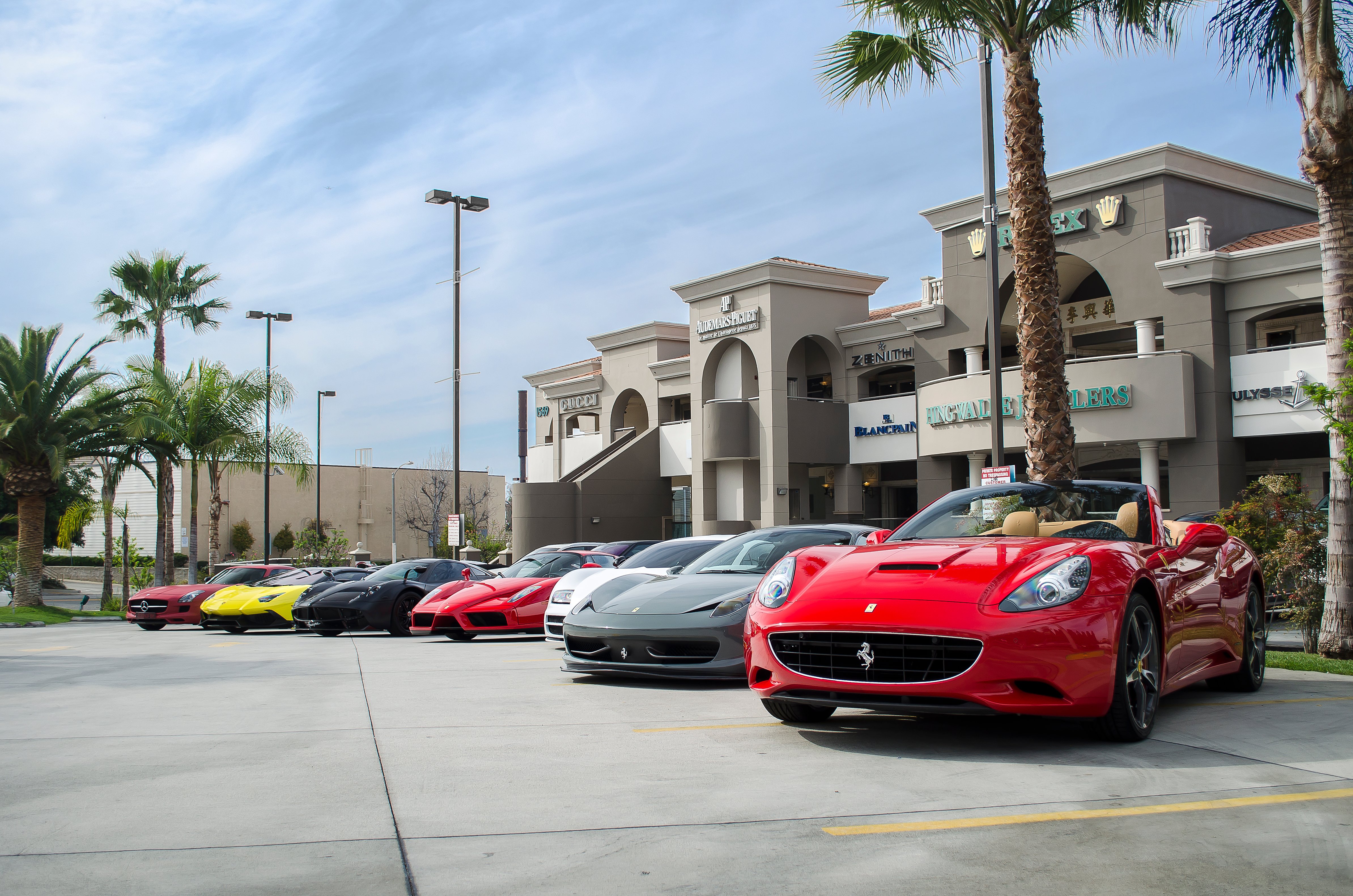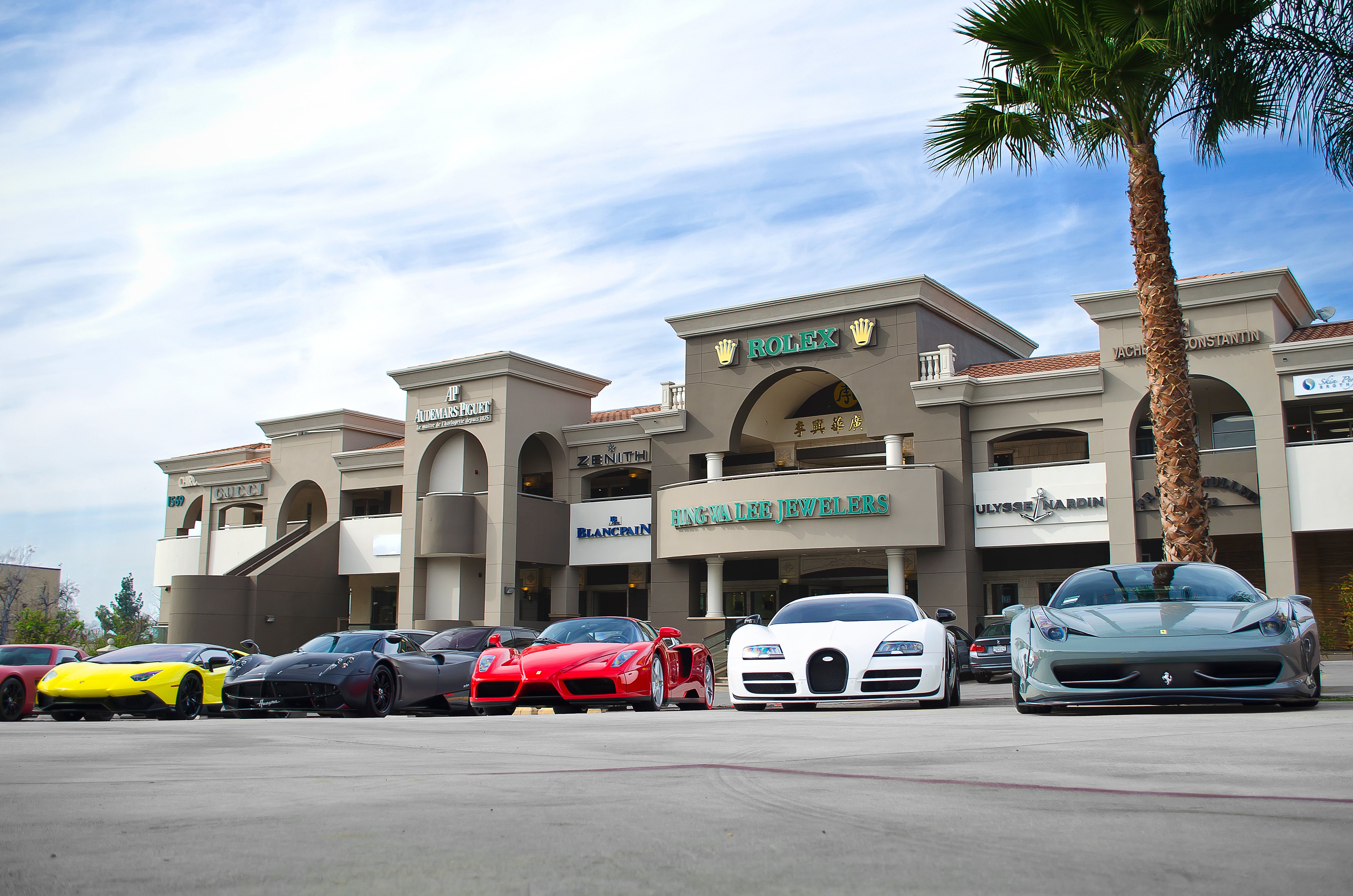Supercar Transport to the Middle East: Costs, Compliance & Logistics
The Middle East has solidified its reputation as a global hub for luxury and high-performance vehicles, with supercars like Ferraris, Lamborghinis, and McLarens frequently gracing its roads. Shipping these high-value vehicles requires specialized logistics to ensure compliance, security, and pristine condition. This guide explores every aspect of supercar transport to the Middle East, including costs, regulations, and best practices to guarantee safe delivery.
Popular Middle Eastern Destinations for Supercars
The Middle East’s affluent markets and state-of-the-art infrastructure make it an ideal destination for supercar enthusiasts. Key hubs include:
United Arab Emirates (Dubai & Abu Dhabi)
-
Dubai: Home to luxury car culture, with events like the Dubai Motor Show and access to exclusive driving experiences.
-
Abu Dhabi: Features the Yas Marina Circuit, hosting Formula 1 races and high-performance track days.
Saudi Arabia (Riyadh & Jeddah)
-
Rapidly growing supercar market with events at the Jeddah Corniche Circuit and King Abdullah Economic City.
-
Strict import regulations require GCC compliance and 5% import duty.
Qatar (Doha)
-
Hosts the Qatar International Motor Show and offers desert driving experiences for off-road supercars.
Bahrain
-
The Bahrain International Circuit attracts supercar owners for private track days and professional racing events.
Protective Measures for Supercar Shipping
Transporting multi-million-dollar vehicles demands specialized handling to prevent damage and ensure security:
Container vs. Air Freight
| Method | Pros | Cons |
|---|---|---|
| Container | - Enhanced security - Climate-controlled options |
Longer transit times (30–50 days) |
| Air Freight | - Faster (3–10 days) - Minimal handling |
5–10x more expensive than maritime shipping |
- White-Glove Handling: Custom crating, wheel tethers, and soft straps to prevent scratches.
-
Climate-Controlled Containers: Maintain 20–22°C and 40–60% humidity to protect sensitive components.
For details on secure storage during transit, explore our guide to international vehicle storage solutions.
Regulatory Compliance
GCC Specifications
Supercars must meet Gulf Cooperation Council standards, which may require:
-
Enhanced Cooling Systems: For extreme desert temperatures.
-
Dust-Resistant Air Filters: To protect engines during sandstorms.
-
Emission Modifications: Catalytic converters tailored to GCC fuel standards.
Non-GCC vehicles may need costly modifications before registration.
Age Restrictions
-
Most Middle Eastern countries prohibit importing vehicles over 5 years old unless classified as classics (30+ years).
Conclusion
Shipping supercars to the Middle East requires meticulous planning, from selecting climate-controlled transport to securing specialized insurance. Partnering with logistics experts who understand GCC regulations ensures compliance and minimizes risks.
For a comprehensive overview of international vehicle shipping, visit our definitive guide.
Ready to ship your supercar? Contact West Coast Shipping for tailored solutions and white-glove service.
You May Also Like
These Related Stories

Supercar Shipping to Saudi Arabia: Air Freight vs. Containers

Buying Supercars from Salvage Car Auctions: Complete Guide 2025

-093789-edited.png?width=220&height=79&name=wcs_final_logo_(1)-093789-edited.png)
